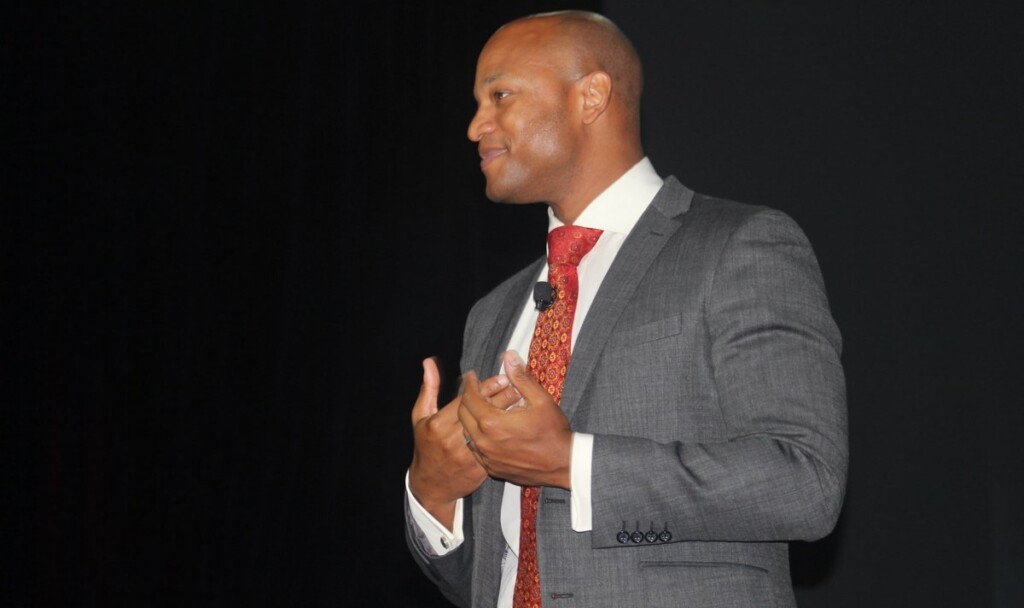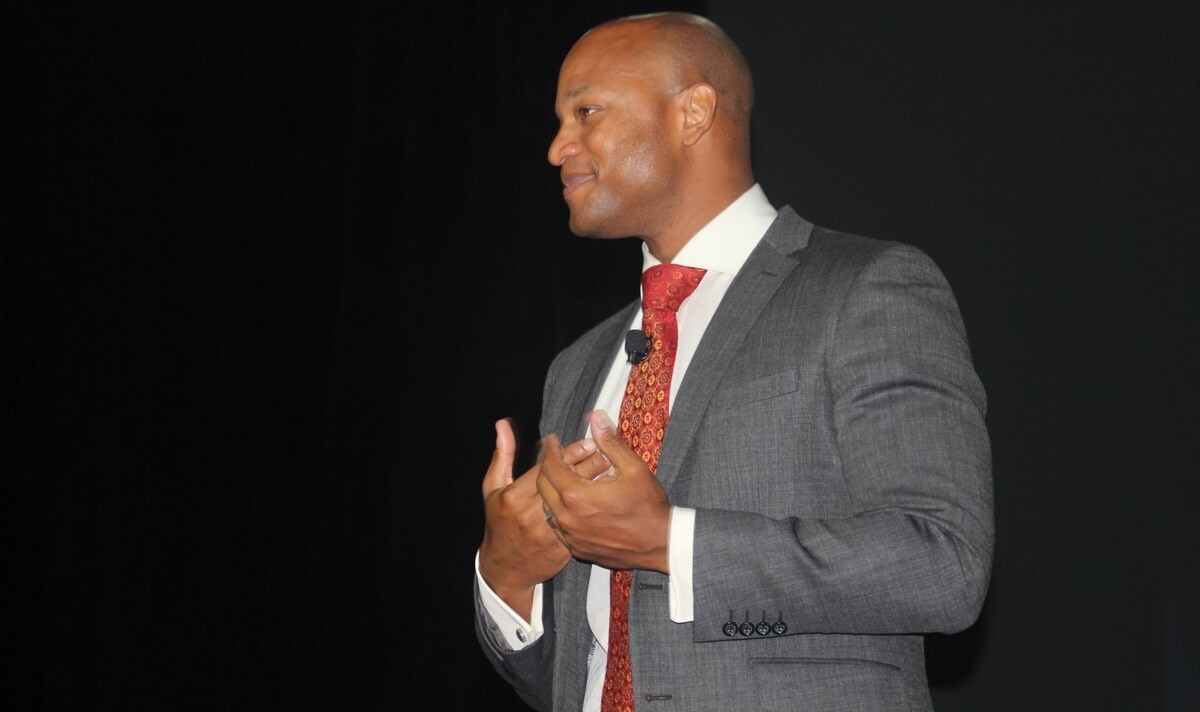
Democratic Government Wes Moore recently ordered the largest mass pardon of petty and recreational cannabis convictions ever seen in a single state, with 175,000 criminal records and electronic dockets set to be updated.
It’s three-and-a-half-times larger than a similar pardon recently issued by the governor of Oregon.
The governor said the action couldn’t reverse the harm that decades of failed drug war policies have done, particularly to Black Marylanders, but that it instead represents the first of several actions on the road to a more just legal system.
For context, recreational cannabis use was legalized in the state in 2023 following a referendum in 2022 which passed with a two-thirds majority. For further context, Governor Moore’s order consists of pardons, which are different from expungement.
“We are taking actions that are intentional, that are sweeping and unapologetic, and this is the largest such action in our nation’s history,” said Moore in a press conference. “…[L]egalization does not turn back the clock on decades of harm that was caused by this war on drugs.”
“Well today, that ends,” Moore said.
ABC News reporting on the action heard from Heather Warnken, executive director of the University of Baltimore School of Law Center for Criminal Justice Reform, who described the pardons as “a win for thousands of Marylanders getting a fresh start to pursue education, employment, and other forms of economic opportunity without the stain of a criminal conviction.”
This is where the difference comes in, as a check on someone’s criminal record would still produce the cannabis charge—it would also come with a memo that this charge was pardoned, and the convict absolved.
RESTORING LIBERTY: Singapore’s 30-Year Ban on Cats in Government Housing is Lifted, Providing Millions of Felines with Citizenship
To expunge a charge is to erase it from the record entirely. Legally speaking, both should have the same effect on determining someone’s eligibility for education, employment, housing, or hunting opportunities.
Reporters also heard from Maryland Attorney General Anthony Brown, who concurred that the action was “long overdue.”
“As a nation, we have taken far too long to correct the injustices of a system that is supposed to be just for all,” he said.
MORE PARDON STORIES: Michigan Clears Criminal Records for Thousands of Low-Level, Nonviolent Offenders–‘Meaningful 2nd Chances’
America has almost arrived at the ultimate tipping point for the recreational use of cannabis, with 24 states plus the District of Colombia having already legalized it. President Biden recently issued full pardons to anyone charged in a federal court under the sentencing guidelines for the simple possession of cannabis, which was estimated to be around 7,500 convictions.
Additionally, he ordered the Dept. of Health and Human Services to compile a case for the reclassifying of cannabis from a Schedule 1 drug, such as heroin and cocaine, to a Schedule 3 drug, like testosterone and fortified Tylenol.
CELEBRATE The Newly-Gained Liberty Of These 175,000 People…




















